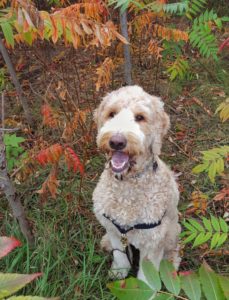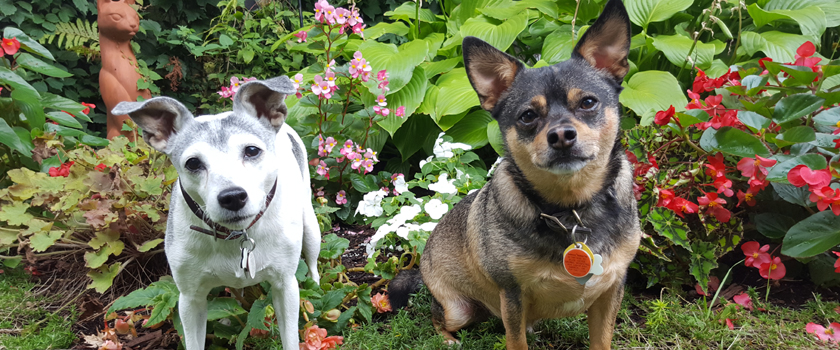Are your words and actions communicating what you really intend to your dog?
We are told to always reward a dog when they come when called, and to never scold them if they failed to come the first few attempts. This is very true. Now, if you don’t have treats with you and your dog comes when called, you might excitedly exclaim, “Good dog! Good dog!” and immediately bend over your dog to pat them on the head and ruffle their ears as we express to them our excitement that they listened. When you do this, what does your dog’s body language tell you? Does the dog flinch? Does she keep low to the ground? Is his body hunched a bit? Do their eyes look away?
To your dog, your excited shouts might not be the calm, soft praise they are looking for. And being reached over makes dogs uncomfortable.
People are often convinced their dogs like the rough pats to the head because they have not yet learned how subtle dogs’ expressions are and how different they are from our own. We are guilty of projecting our own understanding onto the blank screen before us. Our primate body language is something a dog tolerates but doesn’t necessarily enjoy. This can all lead to unknowingly discouraging the behaviour we think we are encouraging.
Remember, when we say “Good dog” but our actions are saying “Bad dog,” we need to keep in mind that we already know what they say about which speaks louder than which.

